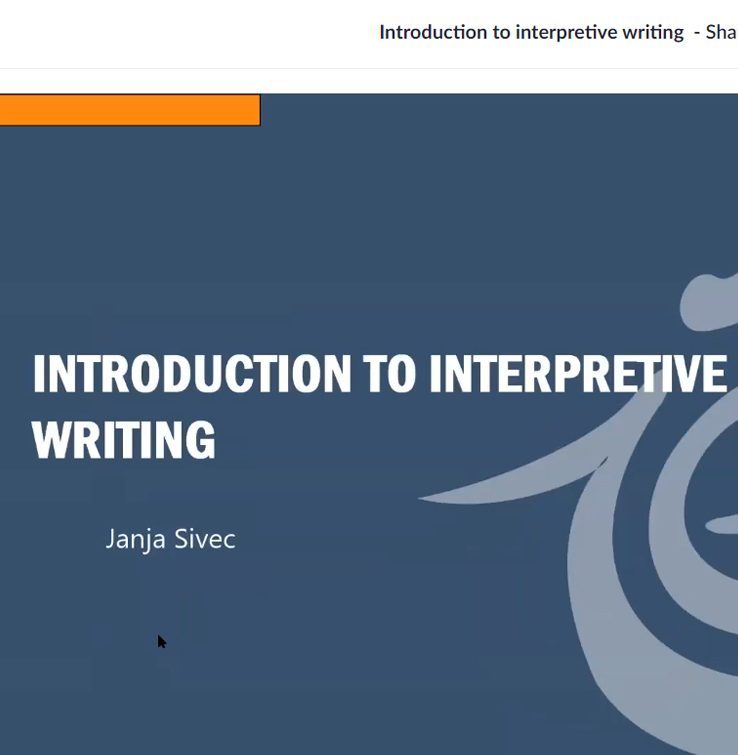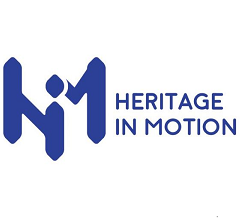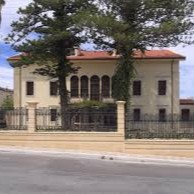Adapting to online training provided a lot of challenges, but also some learning experiences. Can we highlight some opportunities from this?
Last year was challenging for all! But challenges also seek solutions and my job as a trainer changed dramatically over night. I/we had to adapt from the full hands-on approach that I use all the time (thanks to my IE training) to a new virtual reality. So how did it go for me?
My main work in heritage interpretation is delivering workshops and training for people in heritage and the tourism sector. If corona stopped our activities in the field, it did not actually stop the projects and it showed how quickly people can adapt. A lot of organisations moved their activities online. Some of them being workshops to which I was invited as a trainer. But how can I still keep the spirit of the hands-on approach if we are not together in person?
A big recognition goes to the IE conference team who arranged our online conference in May 2020. During this, I got to know, as a helping hand, apps like Zoom quite closely and sort of lost the fear of the unknown. Also learning from people who have obviously done this before, like Nina Simon, or just very innovative people, like our ‘fun director’ Athina Tsekoura, who really opened my eyes to the ‘fun’ usage of online tools.
So, when the first invitation to deliver an online workshop came, I said, why not? And over the next few months I gained some experience in leading online workshops that I would like to share with you.
Pros:
– Less time consuming; as a trainer you travel a lot and doing online workshops removed the time for travelling.
– More efficient; when you are online the activities you do go much quicker because (especially Zoom) allows you to assign participants to a room and limit the time they have per activity. I realised that this way we need less time than when I say, “Please split into groups” and then there is a lot of chairs moving around the place.
– More accessible; I had invitations from abroad last year that I probably would not get under ‘normal’ circumstances since in this way the trainer’s cost is reduced quite a lot.
Cons:
– No personal contact; sure, that is a BIG problem in this case, especially when you are doing an interactive workshop. The lack of responses is really difficult for the trainer. Also, there is no first-hand experience with heritage, which we normally use as a basis for exercises.
– Technical aspect; if you are dependent on good organisation and the weather at heritage sites, you are dependent (a lot) on the technical gods or demons when doing online workshops. The other problem is also the potential inexperience of participants in using online apps and its features or lack of technical equipment.
– Less time; in general, online workshops are much shorter than in person. So as a trainer you have to decide if less is still enough for you. My personal mantra is not to think of what I cannot do but focus on what I can do in a shorter time.
A few suggestions on how to tackle some of the issues mentioned above:
– Lack of heritage; the first activity I normally do is either make them draw a map of their place and write in different heritage sites or we do a treasure hunt, where they search for objects within their surroundings. The objects then serve as the basis for further exercises.
– Less time; working in groups is really something I practice a lot. This way people can actually talk to each other and feel a bit more connected. If the group is smaller, group work can serve as a starting point for general discussion.
– Focus; sometimes we allow our minds to wander off when we attend a lecture or a workshop. This happens even faster when you are online and your e-mails are opened. So I try to have small exercises that include people standing up, leaving the room or just doing something different than looking at my shared screen to limit the opportunities for sneaking a look at something else online instead of our workshop.
For example: Look out of the window and describe the action you want to take based on what you see. (This relates to the stewardship quality standard of heritage interpretation.)
I am sure that some aspects of the last year will linger and profoundly change the way things are done in the future, as well as the way we learn and teach. Hopefully, we will take forward only the positive changes!
Janja Sivec works as a freelancer and is an IE Certified Interpretive Trainer. You can reach her at: janja.sivec@dlegende.com.
To cite this article: Sivec, Janja (2021) ‘Virtual hands-on – How corona challenged me as a trainer’. In Interpret Europe Newsletter 1-2021, 27.
Available online: https://interpret-europe.net/wp-content/uploads/2021/03/Newsletter-Spring-2021.pdf




